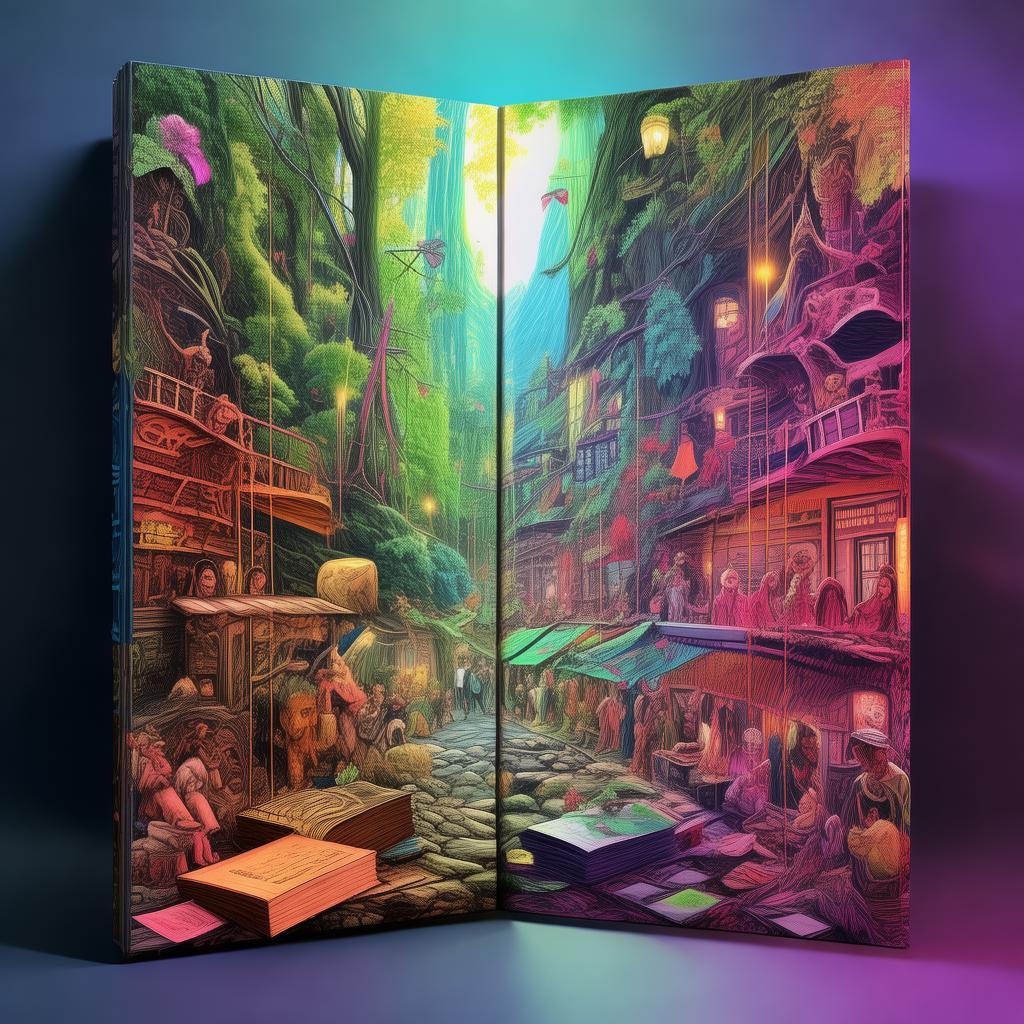The Emperor's Riddle: Zhu Yuanzhang's Enigma Unveiled
In the heart of a bustling modern Chinese metropolis, beneath the towering skyscrapers and neon lights, lies an ancient, forgotten library. It was here that the young historian, Li Wei, stumbled upon a dusty, leather-bound book. The cover bore the emblem of the Ming Dynasty, and inside, the words "The Emperor's Riddle" were etched in elegant, ancient script.
Li Wei's fingers traced the edges of the book, his curiosity piqued. The library was one of the last remnants of a bygone era, a repository of forgotten knowledge. As he opened the book, a single, cryptic sentence leapt out at him:
"Who am I, that I can be born twice and die twice?"

Li Wei's heart raced. The riddle was an ancient one, attributed to the founder of the Ming Dynasty, Zhu Yuanzhang. But what did it mean? And more importantly, why was it in this book?
Li Wei's quest for answers began with a visit to the local history museum. There, he met Professor Wang, an elderly historian whose eyes sparkled with a lifetime of knowledge.
"Zhu Yuanzhang was a man of many faces," Professor Wang began, his voice rich with the weight of history. "He was a wise ruler, a brutal conqueror, and a spiritual master. The riddle speaks to his enigmatic nature, his ability to transcend the limits of life and death."
Li Wei nodded, his mind racing. "But what does it mean for him to be born twice and die twice?"
Professor Wang smiled, a twinkle of mischief in his eye. "It is a metaphor for power. Zhu Yuanzhang sought to live on through his descendants, his dynasty. The first birth was his rise to power, the second was his legacy."
Li Wei's mind was swirling with questions. How could Zhu Yuanzhang have been born twice? And what was the second death?
His research led him to the archives, where he found ancient scrolls and cryptic diagrams. The more he read, the more he realized that the riddle was more than just a riddle—it was a map to a hidden treasure, a treasure that could change the course of history.
Li Wei's next step was to visit the Forbidden City, the ancient seat of power for the Ming Dynasty. There, he discovered a hidden chamber, its entrance hidden behind a false wall. Inside, he found a box, its surface etched with the same riddle.
Li Wei opened the box, revealing a scroll. As he unrolled it, he found the answer to the riddle: Zhu Yuanzhang had used alchemy to transfer his essence into his descendants, ensuring his immortality. The first death was the death of the man, Zhu Yuanzhang, and the second death was the death of his dynasty.
But the story didn't end there. Li Wei discovered that Zhu Yuanzhang's descendants had been living in secret for centuries, waiting for the right moment to claim their heritage. And that moment had come.
As Li Wei delved deeper into the mystery, he found himself at the center of a web of intrigue and danger. The descendants of Zhu Yuanzhang were not alone in their quest for power. There were others, powerful forces, who sought to control the secret and its implications for the future of China.
The climax of the story came when Li Wei was forced to choose between his own safety and the fate of the descendants of Zhu Yuanzhang. In a heart-pounding confrontation, Li Wei managed to outwit his enemies, ensuring that the secret of Zhu Yuanzhang's riddle remained safe.
In the end, Li Wei returned to the library, the scroll safely in his possession. He knew that the story of Zhu Yuanzhang's riddle was just the beginning. The true power of the riddle was its ability to inspire, to remind us that even in the face of death, there is always hope for rebirth.
And so, the story of Zhu Yuanzhang's enigma was preserved, a testament to the enduring legacy of a man who sought to transcend the limits of life and death.
✨ Original Statement ✨
All articles published on this website (including but not limited to text, images, videos, and other content) are original or authorized for reposting and are protected by relevant laws. Without the explicit written permission of this website, no individual or organization may copy, modify, repost, or use the content for commercial purposes.
If you need to quote or cooperate, please contact this site for authorization. We reserve the right to pursue legal responsibility for any unauthorized use.
Hereby declared.









